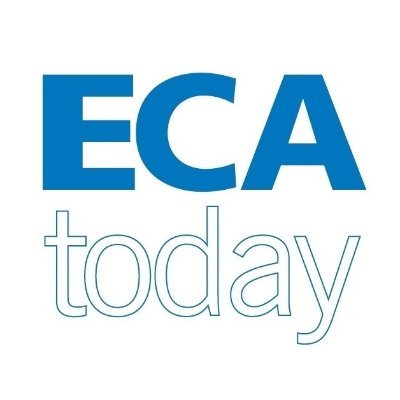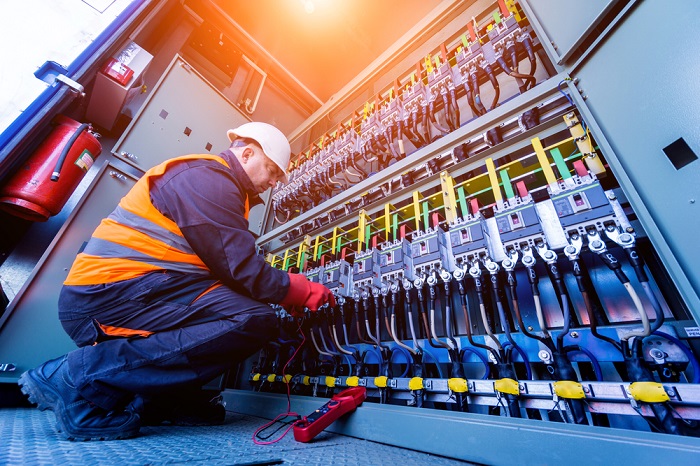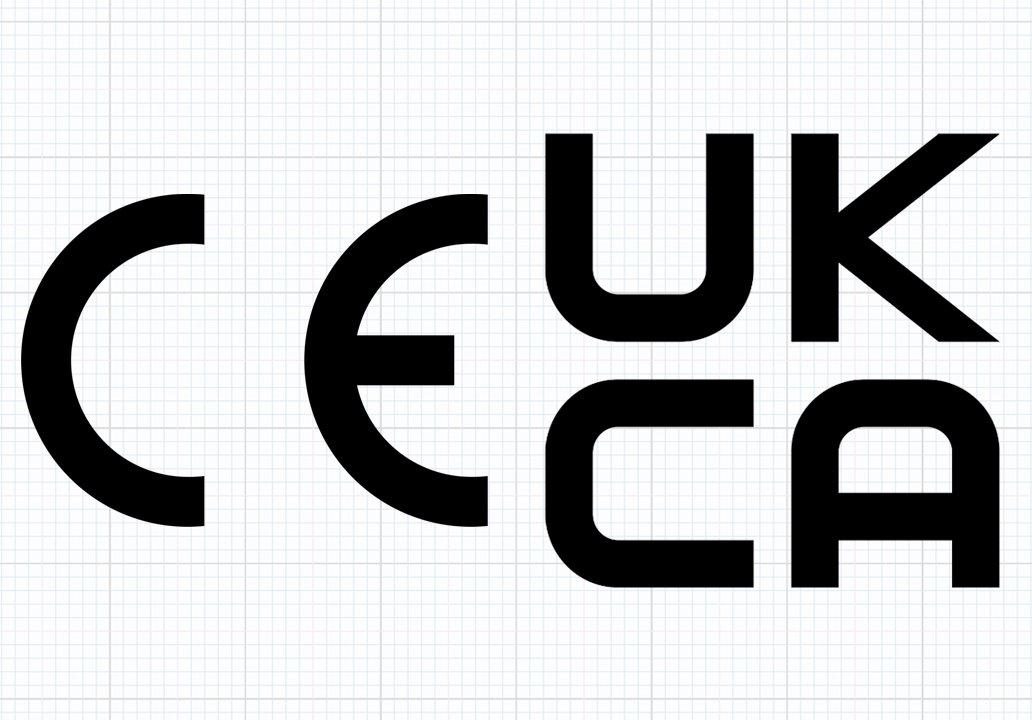A first for the industry in Europe

ECAtoday takes a closer look at some fascinating details to emerge from a first-of its-kind report by Europe On…
.jpg)
A ground breaking overview of the electrotechnical sector in Europe has been released by Europe On, the European electrical contractors' umbrella body. ECA is an active member of Europe On and contributed to the report.
The report, an industry first, offers insights into the trends and market drivers characterising the electrotechnical and engineering services industry in Europe today.
.jpg)
Trending in Europe
The report identified some key industry trends influencing the sector across Europe and the UK, notably:
- Electrical contractors are placed to greatly benefit from increased climate action and changing energy policies – e.g. through the electrification of transport and the increase in renewable energy installations.
- Digitalisation is another growth area for the sector – smart installations and interconnected devices are a growing market with many commercial opportunities for contractors.
- The traditional electrotechnical skillset is rapidly evolving, in line with the digitalisation mentioned above. More diverse skills are needed, especially digital capability.
- A clear shift from ‘blue-collar’ to ‘white-collar’ skills is leading to skills shortages, skills mismatches, and so-called ‘bottleneck vacancies’.
- Education and training programmes should be updated to keep up with the shifting market demands outlined above.
At a crossroads
A defining characteristic of today’s electrotechnical and engineering services industry is that its professionals and trades tend to interact to a greater or lesser degree with every stage of the installation process – at the crossroads of the construction (client to installer) and the electrical value chains (manufacturer to installer).
While the industry has the exclusive competencies required to install electrical equipment, it is also involved upstream and downstream at the installation stage – from planning and advisory roles, to operation and maintenance, and increasingly, replacement and take-back services. It is also frequently in close contact with the final client.
.jpg)
The future: undeniably digital
Looking ahead, the report anticipates that electrical services will likely benefit from tougher carbon pricing rules, as well as more recognition of the ongoing decarbonisation of Europe’s energy mix.
Many electrical installations in European buildings are approaching 30 years of age and will imminently require extensive upgrading or replacement with digitally-enabled installations.
While the bulk of electrotechnical operatives’ work will remain focused on hardware and traditional installation, the growing need for digital skills is compelling, and contractors who ignore this may miss out on new opportunities.
Electrical contractors are also increasingly required to store, analyse and draw conclusions from data produced by digitally enabled devices and installations. These are some of the essential skills of tomorrow. Once harnessed, contractors will be able to provide more, and higher quality, maintenance and operation services. As a result, many are expected to have commercial advantage.
The UK view…
The report was welcomed by the UK electrotechnical sector. Martin Bailey, former ECA President and Vice-President of Europe On, said, “Contrary to widespread belief, electrical contracting companies undertake large-scale projects in infrastructure and engineering as well as residential, industrial or commercial buildings. This requires qualified and specialised operatives, ranging from traditional electricians to electrical engineers, supported by a solid management structure.”
ECA’s CEO Steve Bratt added, “the report confirms that electrical and engineering contracting is in poll position to benefit from step changes in European grid electrification, digitisation, smart technology and energy solutions. A fundamental challenge will be to ensure the industry has the skills and capacity to deliver what Europe will be looking for”.
A defining characteristic of today’s electrotechnical and engineering services industry is that its professionals and trades tend to interact to a greater or lesser degree with every stage of the installation process
Alan Wilson of SELECT added “This snapshot of the European electrical sector confirms that the work of electricians is both complex and highly valued. The intricacies of modern electrical installation underpin everything from the internet to cars, hospitals, homes and businesses and the ubiquity of electricity and its applications must soon be recognised with professional status.”
As well as highlighting the need for new skills, this report recognises that, going forward, political and financial support for the upskilling of the sector’s professionals will be essential to enable further growth, and to equip contractors with the tools they need to build a strong, green and increasingly electric, Europe.
Are you up to date with ECAtoday?
ECAtoday is the official online magazine of ECA and reaches thousands of people within the electrotechnical and engineering services industry.




















